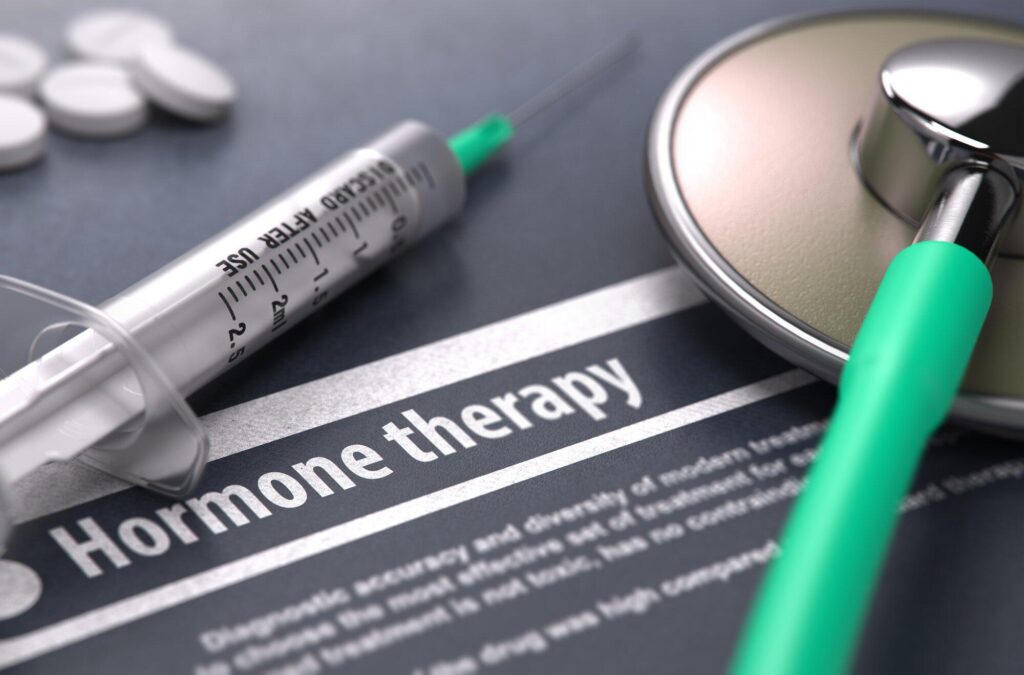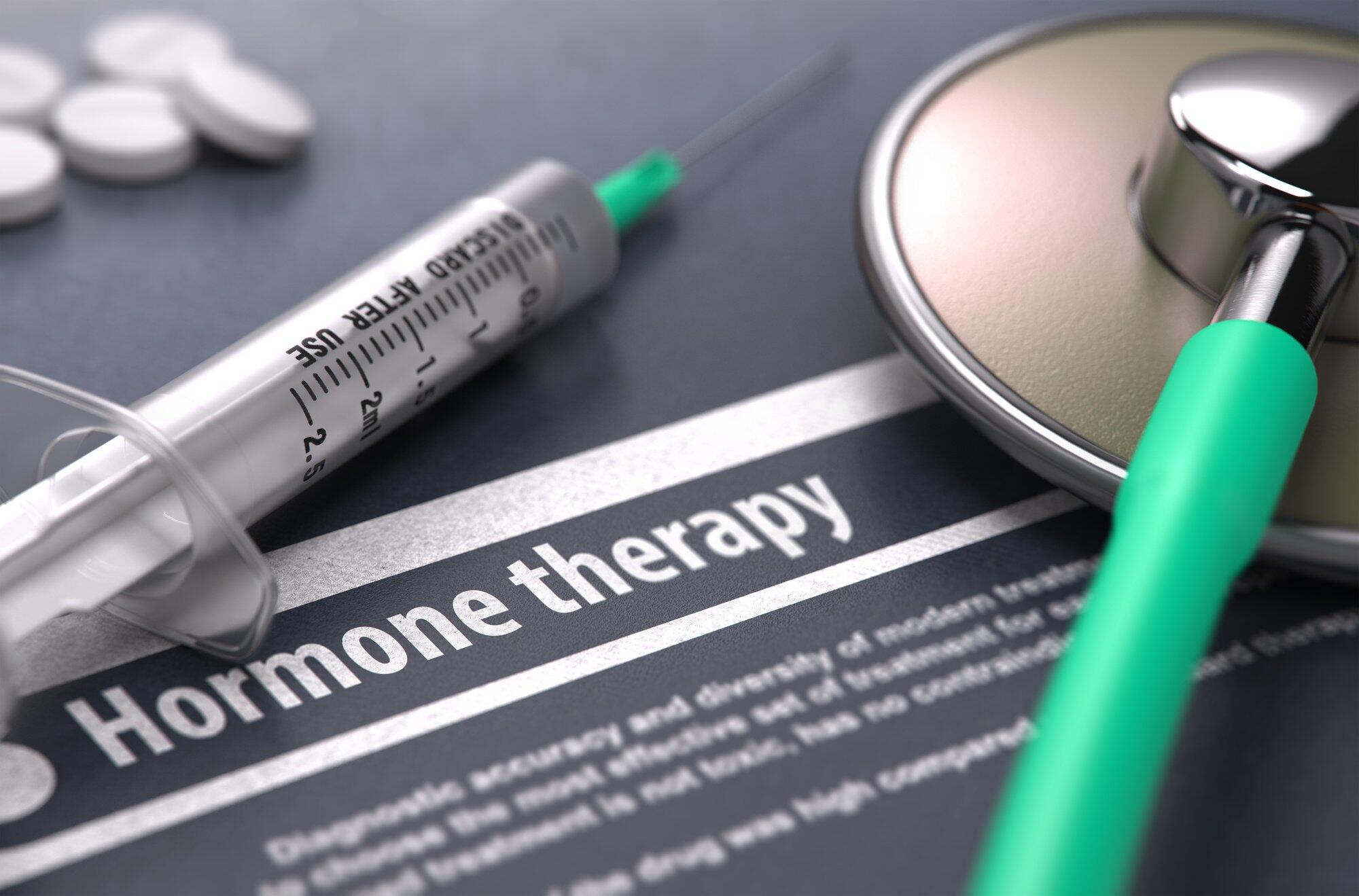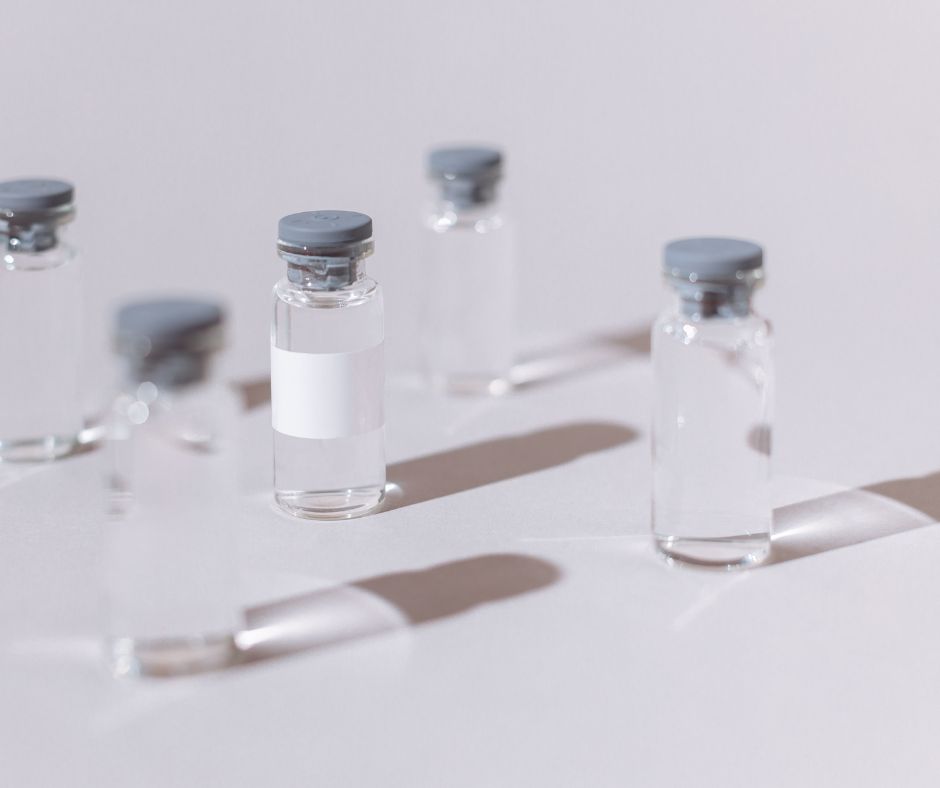
Is 1 ml of testosterone a week enough to feel like your best self again? It’s a question that’s popping up all over in health circles and gyms. And for a good reason! Testosterone isn’t just about building muscle. It’s a key player in everything from how much zest you feel for life to keeping those pesky mood swings at bay.
So, let’s dive into this together. We’ll chat about what testosterone really does for our bodies and get the lowdown from the experts. Whether you’re feeling a bit out of sorts lately or just curious about what TRT could do for you, you’re in the right place.
Ready to find out more? Let’s get started!
Testosterone and Its Impact on Health
Testosterone is a steroid hormone that’s part of a group called androgens. For guys, it’s mainly produced in the testicles, and for women, in the ovaries and adrenal glands. Though women have it in smaller amounts, it’s just as crucial. This hormone is the mastermind behind the development of male physical features like:
- Facial hair
- Deeper voices
- Muscle growth
In women, it’s essential for maintaining muscle mass, bone density, and supporting sexual well-being.
Beyond just helping us look fit, testosterone plays a big role in our overall health. It helps regulate libido, bone density, fat distribution, muscle mass, red blood cell production, and even mood. Yes, it’s a bit of an overachiever, but that’s why we love it.
Now, here’s where the plot thickens. When testosterone levels start to drop or are lower than they should be, it can throw us off our game.
For men, this might mean feeling tired all the time, noticing a drop in muscle mass or strength, and even experiencing changes in sexual function or mood. Women aren’t off the hook, either. Low testosterone in women can lead to decreased libido, fatigue, and muscle weakness, among other things.
And it’s not just about feeling off. Testosterone imbalance can have some pretty serious consequences for our health, like increased risk of osteoporosis (weak bones, yikes!), mood disorders, and impacting overall quality of life.
Is 1 ML of Testosterone a Week Enough?
First off, when we talk about a 1 ML dose of testosterone, it’s essential to understand what that entails. In the world of testosterone replacement therapy (TRT), dosages are tailored to meet individual needs.
However, 1 ML has become a sort of standard starting point for many. This dosage isn’t about a one-size-fits-all but more about finding a common ground where benefits can start to take root for a wide array of individuals.
Testosterone in TRT is measured in milligrams (mg), but it’s administered in milliliters (ML). The concentration of testosterone in the solution determines how much actual testosterone you’re getting. Common concentrations are 100 mg/mL or 200 mg/mL.
So, depending on your prescription, a 1 ML injection could deliver 100 mg to 200 mg of testosterone into your body.
The Art and Science of Determining Dosage
Now, determining the right dose of testosterone is where art meets science. It’s what your body needs to hit that sweet spot of balance and well-being.
It all begins with a conversation about how you’re feeling. Those symptoms of testosterone imbalance we talked about? They’re your clues.
Next up, blood tests. These give a snapshot of where your testosterone levels are at. It’s like looking under the hood of your car to see how the engine’s doing.
Your lifestyle, health history, and even your goals play a part in determining the right dose. It’s a personalized approach because, just like fingerprints, our hormonal needs are unique.
Once on TRT, regular check-ins and blood tests help monitor how well the therapy is working. It’s about fine-tuning to ensure the dosage not only aims to alleviate symptoms but does so with minimal side effects.
Why Not Just Any Dose Will Do
It’s tempting to think, “If some is good, more is better,” but with hormones, it’s all about balance. Too little, and you might not see the benefits.
Too much, and you could risk side effects like acne, sleep apnea, or even increase your risk for certain health issues. Finding that “Goldilocks” dose that’s just right is key to unlocking the benefits of TRT without inviting unwanted guests to the party.
So, is 1 ML of testosterone a week the magic dose? It could be a great starting point, but the real magic lies in customization and careful monitoring. It’s about creating a partnership with your healthcare provider, where together, you navigate towards that optimal level of testosterone that brings back your energy, vitality, and overall well-being.
Testosterone Injections: A Closer Look at the Method
Testosterone injections involve directly administering the hormone into your body, typically through a muscle (intramuscularly) or just under the skin (subcutaneously). This method allows the testosterone to be slowly released into the bloodstream, providing a steady dose of the hormone.
Advantages of Testosterone Injections
Injections offer a consistent and controlled release of testosterone, helping to maintain steady levels in the body. This means you can avoid the rollercoaster of highs and lows that might come with other methods. Because the hormone is directly introduced into your system, injections can be more efficient in raising your testosterone levels to the desired range.
Compared to other forms of testosterone therapy, like patches, gels, or pellets, injections often come out as a more budget-friendly option. Depending on the type and concentration of testosterone used, injections might only be needed once every one to two weeks, offering convenience for those with busy lifestyles.
Considerations and Downsides
Let’s face it, not everyone is thrilled at the idea of needles. If injections make you queasy, this might be a significant downside.
Although injections aim to maintain steady levels, some individuals may still experience fluctuations, especially toward the end of their dosing cycle. This can lead to varying symptoms or changes in mood and energy.
While many people learn to administer their injections at home, some might prefer or require them to be done by a healthcare professional, adding an extra step to their routine.
Like any method of testosterone therapy, injections come with their own set of potential side effects, including:
- Pain at the injection site
- Increased red blood cell count
- Risk of oil-based solutions causing issues if not administered correctly
The best method is one that aligns with your life, goals, and how you feel day-to-day. Working closely with your healthcare provider, you can navigate the options to find your best path to hormonal balance and well-being. Whether through injections or another form of therapy, the goal remains the same: to help you feel like your best self, ready to take on the world.
Safety, Side Effects, and Sustainability
When we talk about testosterone therapy, think of it as charting a course to better health. But, every sailor needs to be aware of potential storms. Side effects from weekly testosterone can be part of the journey, ranging from minor, like oily skin or a bit of irritation at the injection site, to more significant concerns, such as impacts on heart health or blood pressure.
The key to a successful voyage? Regular check-ins with your healthcare crew. Think of them as your navigators, helping you steer clear of any trouble by adjusting your dosage as needed, based on how you’re feeling and what the blood tests show.
Looking ahead, you might wonder if you’re signing up for a never-ending journey. The truth is, with your healthcare team and regular updates to your ongoing health assessments, testosterone therapy can be a sustainable part of your voyage toward better health.
Here are some sailor-worthy tips from the experts for a smoother journey:
- Start small
- Healthy habits as your compass
- Keep a logbook
- Communication is key
Charting the Course: Expert Consensus
The consensus among medical professionals is that there’s no one-size-fits-all answer when it comes to testosterone dosage. The efficacy of a 1 ML weekly dose of testosterone can vary widely depending on the concentration of the testosterone solution and the individual’s baseline testosterone levels, goals for therapy, and response to treatment.
Typically, testosterone injections are available in concentrations like 100 mg/mL or 200 mg/mL. This means a 1 ML injection could provide a total dose of 100 to 200 mg of testosterone, but the “right” amount is highly individual.
Medical professionals emphasize that the goal of testosterone therapy is to relieve symptoms of testosterone deficiency and improve quality of life. Some experts suggest that starting with a moderate dose, like 1 ML per week, allows for monitoring of effects and adjustments based on the individual’s response and side-effect profile.
Discovering Your Perfect Balance
In the journey toward optimal health and vitality, the question “Is 1 ML of testosterone a week enough?” stands as a crucial crossroads for many. While this starting point offers a beacon of hope for rejuvenation, it’s clear that the path to hormonal harmony is deeply personal, shaped by individual health landscapes, goals, and life’s ever-changing tides.
At Evolve, we’re committed to empowering you to take control of your health journey, offering safe, high-quality care tailored to meet your unique needs and aspirations. Let us help you discover if you could benefit from a weekly testosterone dosage.






